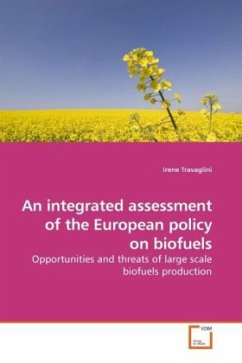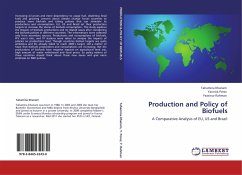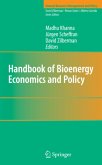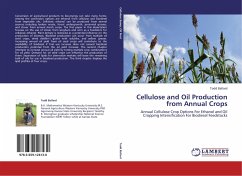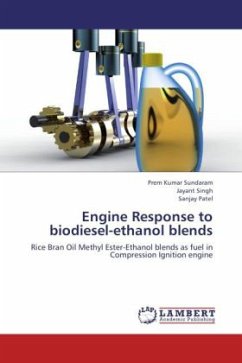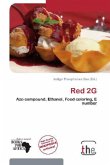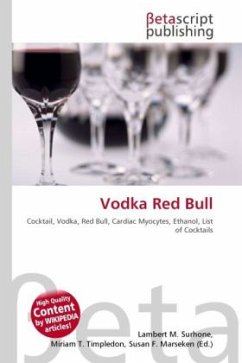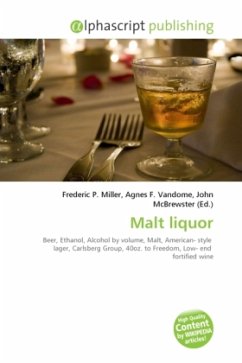Several environmental, economic and geopolitical factors are driving the European Union interest on alternative energy sources and in particular on liquid biofuels. Biofuels are being promoted by the EU as a form of energy that can at the same time contribute to global warming mitigation, diversify energy supply out of oil, contribute to the revitalization of the European agricultural sector and in addition, contribute to the economic and social development of developing countries that have a comparative advantage in feedstock production. The main objective of this report is to assess the likely key economic, environmental and social impacts of the European policy on biofuels in the short-medium term. Considering the broad picture, is this strategy really advisable in order to solve the problems of energy insecurity and GHG emissions from fossil fuels in EU? This report has the ambition of disentangling hard facts from myths in such a complex subject, discussing all the differentaspects of the debate and highlighting threats and opportunities of biomass cultivation to produce biofuels.

